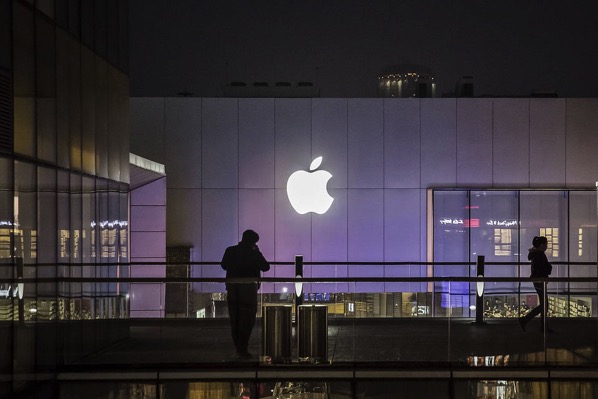Apple, the personal computer titan built up by Steve Jobs, has become one of the world’s best-known brands and one that is known for its hard-line approach to protecting its customers’ information online. However, that does not seem to be the case where the company’s dealings with China are concerned.
In a recent review of corporate documents done by regional industry experts at The New York Times, it appears that Apple, through its current CEO Tim Cook, has made numerous compromises to operate in China.
Information gleaned from interviews with seventeen current and former employees, several independent security experts, and recent cases filed in the United States show a puzzling picture of a company that simply came in to do business, but is now apparently being used by the Chinese government to do its work for them.
Likewise, Apple has also been accused of aiding government censorship: a number of popular games and applications have been dropped from the App Store for the Chinese market.
An ideological disconnection
Apple’s current dealings with China are seen as a serious disconnect between Washington policy makers and the richest company in the US.
While American politicians have been taking a harder line against China’s totalitarian impositions on foreign companies – a stance from the Trump administration that still holds true in the Biden era – Apple has become a key player in China’s aggressive drive for online censorship.
Its China App Store is actively being monitored by employees who flag and block apps prohibited under government regulations. These include apps for foreign news outlets, dating and social media apps for the LGBTQ+ community, tools for organizing pro-democracy demonstrations, as well as applications supporting the Dalai Lama and freedom for Tibet.
Likewise, the company states that their chief priority is to deliver the best possible user experience for local customers without violating the rules they are expected to follow.
Did Apple ignore an expert’s warning?
Doug Guthrie, former dean of the business school at George Washington University, apparently gave Apple’s top brass a warning some years before. Guthrie, who was hired in 2014 to help Apple set up shop in China, stated that the country would help the company scale up its operations within the region – but this would come with some serious demands from its government.
The situation was complicated further by China’s 2016 ruling that any and all personal information gleaned online in China be kept within the country.
Ironically, for a company that has prided itself on safeguarding its customers’ information from governments and private entities, Apple gave in to the government’s demand after its local team warned that their in-country iCloud service could be shut down if they did not comply with Chinese cybersecurity laws.
As a result, Apple has ceded control of its local database to a government-owned company: Guizhou-Cloud Big Data (GCBD) which has already been cited in the revised iCloud terms and conditions for China as the service provider, while Apple has been relegated as just an “additional party.”
In recent years, Apple has taken flak from international critics regarding the way the current setup has been flagging content from companies and individuals who are antagonistic to the Chinese government.
As of June 2021, Apple has approved 91% of requests by the Chinese government to remove apps that have been deemed illegal (as in the case of those related to online gambling and pornography) and those which are critical of the current administration.
It is a situation that is both tense and volatile, and both political and economic critics have been vocal that Apple’s statements, those of the Chinese government, and those of independent watchdogs have not been adding up. But according to former Apple App Stores head Philip Shoemaker, “It [is] a tightrope we had to walk.”














